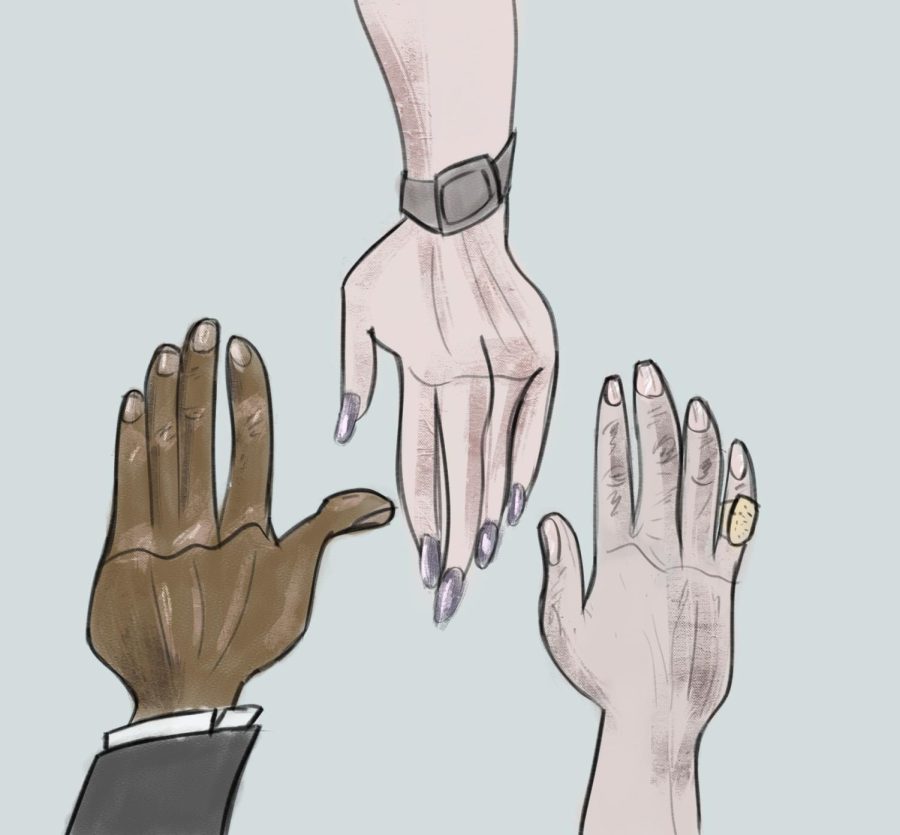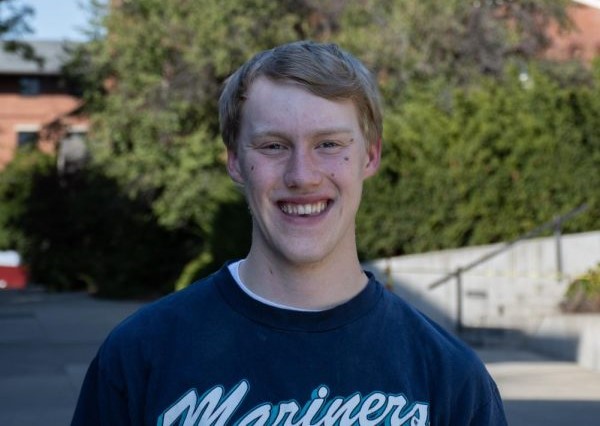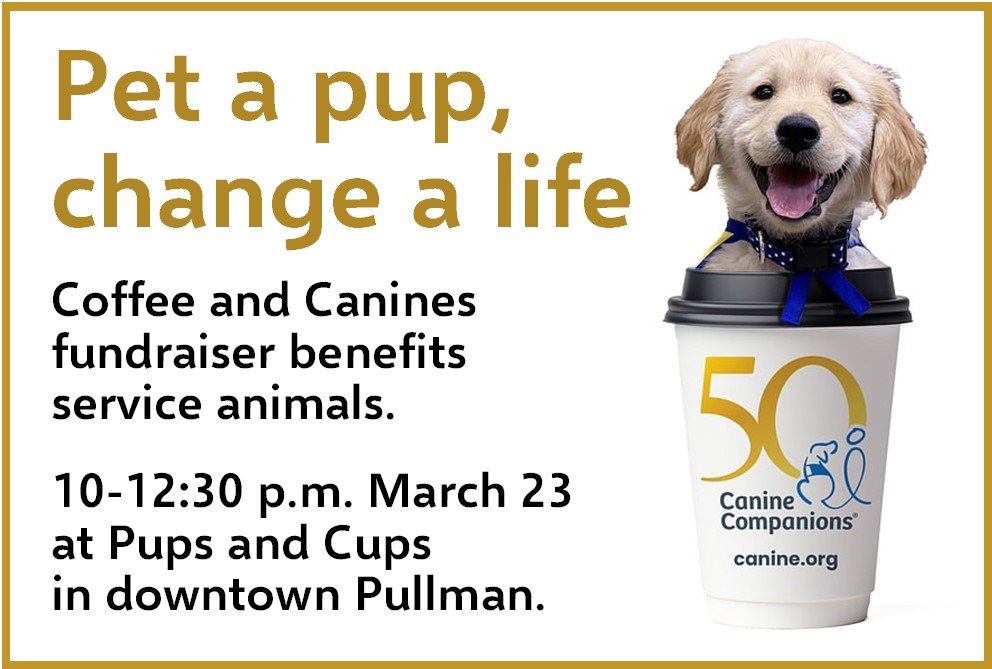WSU community discusses mutual aid, mental health
Resources can be siloed; organizations aim to extend resources across communities
April 8, 2022
WSU faculty, staff and students learned how mutual aid and mindfulness are two essential components of a vibrant community at a summit on Tuesday.
Matthew Jeffries, Gender Identity/Expression and Sexual Orientation Resource Center director, organized Tuesday’s Diversity, Equity and Social Justice Summit.
Over 150 members of the WSU community from across multiple campuses were on the Zoom call, including university leaders such as President Kirk Schulz and Elizabeth Chilton, WSU provost and executive vice president and Pullman chancellor.
“The mantra of Cougs helping Cougs is pretty strong,” Chilton said during her opening remarks.
This mutual care is shown through the Cougar Food Pantries on the Pullman and Tri-Cities campuses. They have helped hundreds of students, Chilton said.
Mutual Aid Breakout
Student Life Coordinator Josie Rodriguez (she/they) led the mutual aid breakout. Rodriguez said mutual aid is a collection of people sharing resources and services to meet the needs of most marginalized people. It focuses on creating open avenues for people to engage in decision-making and action.
Rodriguez said she is involved with a local mutual aid collective called Brokeback Palouse that extends across Eastern Washington and Northern Idaho.
Rodriguez said it is common for resources to be siloed, one of Brokeback Palouse’s major goals is to extend resources across communities.
The collective got nearly 1,000 N-95 masks sourced from Spokane distributed in Pullman, Moscow, WSU and University of Idaho early in the year. For a period of time, some of the only N-95 masks on campus were from this effort, Rodriguez said.
Rodriguez said mutual aid looks different in Seattle and Portland than it does on the Palouse.
A lot of experiences in Portland revolve around people involved in sweeps in the city. Those experiencing housing insecurity were forced out of where they had set up tents and lost everything, they said.
Groups in Portland contributed to the summer 2020 Black Lives Matter protests by keeping traffic away from people who were marching.
One person on the call asked if mutual aid involves assisting with rioting.
Rodriguez said the work they did in Portland was not violent in nature and instead provided protesters the resources they needed to be safe.
“Self-determination is kind of a major part of mutual aid — let people decide what they need and how they want to interact,” Sam Scott, WSU technical trainer and documentation specialist, wrote in the Zoom chat.
Rodriguez said food distribution in a mutual aid context can involve people cooking meals for each other.
“I think your time is one of the best things you can offer,” Rodriguez said.
Mutual aid is not new. Rodriguez said her great-grandfather was doing mutual aid work in the 1920s with labor movements.
Rodriguez also said the work they have done with mutual aid has made them a better educator because they are able to think about how their action impacts the students they work with.
Mindfulness as an anti-racist practice
Mindfulness as an anti-racist practice was led by Trymaine Gaither, special assistant to the provost for inclusive excellence, and Kersten Bergstrom, WSU Tri-Cities anthropology instructor.
Gaither shared a deeply personal experience in which a man at a Moscow gas station yelled at him and his family for allegedly cutting him off in line for gas.
Gaither asked the group on Zoom to be silent after he told them about his experience. Afterward, he asked if staying silent was challenging.
People expressed a strong desire to express their grief and discomfort.
Gaither and Bergstrom said silence is a powerful act that, if utilized mindfully, can provide space for people to express their needs or as an act to not see injustice.
They also provided several mindfulness practices such as the three c’s of support: centering, check-in and co-counseling. Each of these steps focus on asking people what they need to feel supported, Gaither said.
Closing remarks
David Garcia, assistant dean for health equity and inclusion, focused on workplace mental health in his closing remarks. Garcia encouraged participants to leverage their power to foster community care.
He concluded the summit with a quote from Audre Lorde: “There is no thing as a single-issue struggle because we do not live single-issue lives.”










